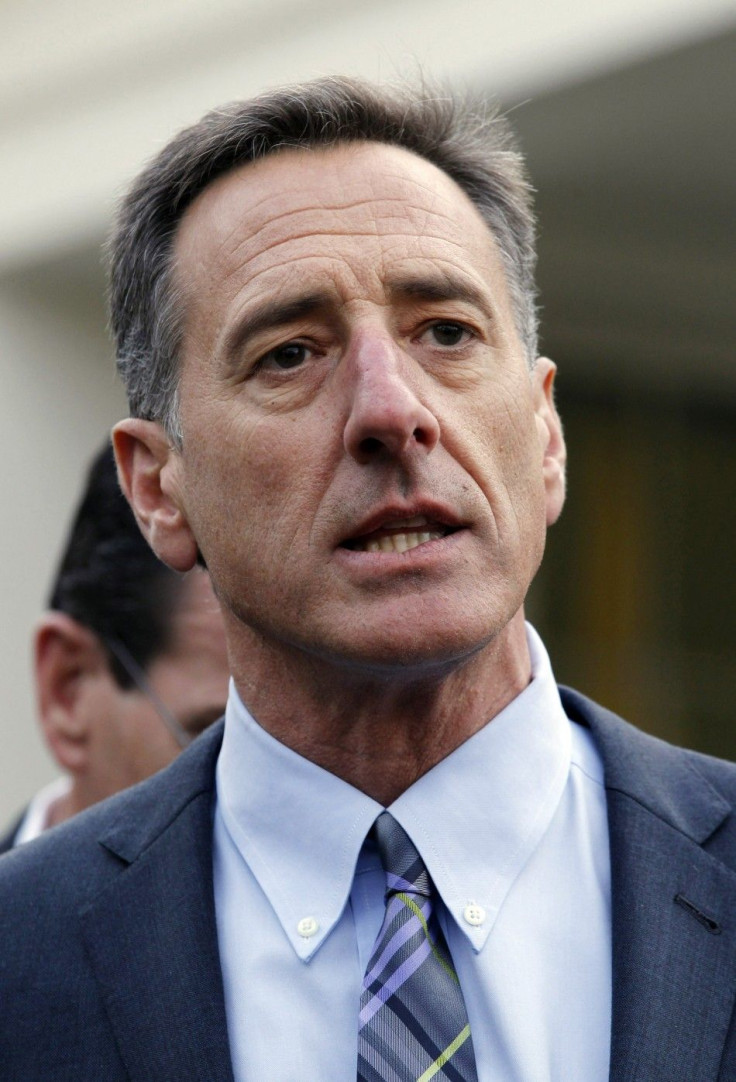Vermont Bans Hydraulic Fracturing, Becomes First State To Do So

The state of Vermont became on Wednesday the first in the United States to ban the controversial natural gas drilling technique known as hydraulic fracturing.
The practice, known also as fracking, involves pumping large quantities of water, toxic drilling chemicals and sand underground to fracture rock formations and free oil and natural gas trapped within.
It has helped fuel an energy bonanza that stretches from Pennsylvania and Ohio to Texas and Wyoming.
Gov. Peter Shumlin signed the bill at a ceremony at the state's capitol, and said it may help Vermont set an example for other states, reported the Associated Press.
Industry proponents say the drilling technique is safe and has been for decades, but communities in Pennsylvania and Wyoming contend the practice has contaminated groundwater. So far, the U.S. Environmental Protection Agency has led several investigations, but has not linked the drilling technique to water pollution.
Very soon, there is going to be a shortage of clean water on this planet, said Shumlin. Drinking water will be more valuable than oil or natural gas. Human beings have survived for thousands of years without oil or natural gas. We have never known humanity or life on this planet to survive without clean water.
Vermont is the first state that has outright banned fracking, but it is not the only state that has expressed trepidation.
New York maintains a de facto moratorium on fracking until state regulators choose to open the state to drilling. The province of Quebec in Canada has imposed an outright ban on the practice until further studies can be completed, and New Jersey has a one-year moratorium in place which expires in January 2013.
© Copyright IBTimes 2025. All rights reserved.





















